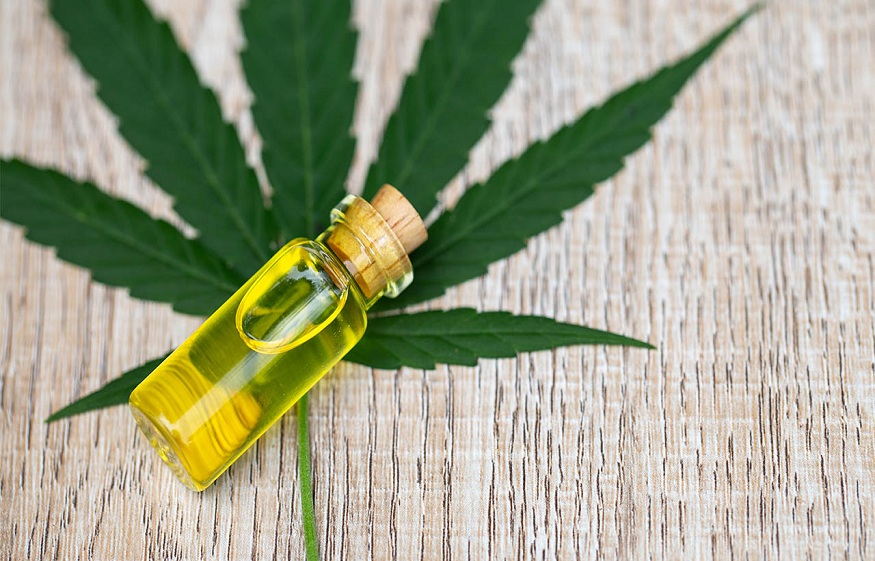Can a Neighborhood Marijuana Dispensary Raise Property Values?

State lawmakers willing to approve medical or recreational cannabis tend to be careful about dictating what local municipalities can and cannot do. In state after state, counties and cities have been given the freedom to decide for themselves whether they want cannabis dispensaries and pharmacies in their neighborhoods.
This reality led researchers from Rutgers to investigate whether neighborhood dispensaries offered any benefits above and beyond access to cannabis. To their surprise, they discovered that a neighborhood dispensary or pharmacy can actually boost property values.
Granted, the boost is a rather modest 1.6%. But if you have a home valued at $300K, a cannabis dispensary moving in down the block could boost it by up to $4,800.
Two Ways to Go
Legalizing cannabis is just the start of a much longer and more complicated process. Lawmakers often want to control cannabis production, distribution, and sales as tightly as possible. After all, cannabis is a revenue generator. As far as municipal control is concerned, there are generally two ways to go:
-
Local Rights –
In states like Maine and California, individual counties and towns have the freedom to either accept or reject cannabis-based businesses within their borders.
-
State Licensing –
In other states, like Utah, all medical cannabis pharmacies need to be licensed. State regulators determine who gets a license and where the new pharmacy must be located.
Very few states, if any at all, have set up a free-for-all environment where the state wants dispensaries and pharmacies everywhere and prohibits local municipalities from having a say.
Property Values and Public Perception
As for the results of the Rutgers study, it is an interesting look into how public perception and property values are intertwined. Let us take cannabis out of the equation for just one second. There are plenty of other perception factors that influence property values.
If the general perception of a neighborhood is one of offering good schools and the right mixture of amenities, property values will be higher. A neighborhood generally perceived as being crime-ridden and void of entertainment options will almost always have lower property values.
Then there are urban renewal projects that bring gentrification to older neighborhoods that have seen better days. Most of the neighborhood can still be run down, yet new houses on the exact same streets can fetch astronomically high prices.
Cannabis’ Public Perception
This all leads to the question of how the general public perceives cannabis. Survey after survey shows that general acceptance is growing. With every passing year it seems like more people are accepting of recreational cannabis and federal decriminalization.
When an uber conservative state like Utah approves a voter proposition in favor of medical cannabis, you know opinions are changing. That is exactly what happened in 2019, according to the Utahmarijuana.org website. State lawmakers were forced by passage of the initiative to implement a medical cannabis program in January of 2020.
Given that people have a favorable perception of medical and recreational cannabis, the Rutgers study suggests the perception is strong enough to have an upward impact on property values.
Choices at the Local Level
Does this mean that municipalities that tend to resist cannabis-based businesses should give in? That depends on their priorities. Higher property values do generate more property taxes. Cannabis based businesses generate sales and income taxes.
The one thing to remember is that choices made at the local level impact local property owners. Just because there seems to be a perceived correlation between cannabis-based businesses and property values does not necessarily mean that homeowners want dispensaries and pharmacies in their neighborhoods.






